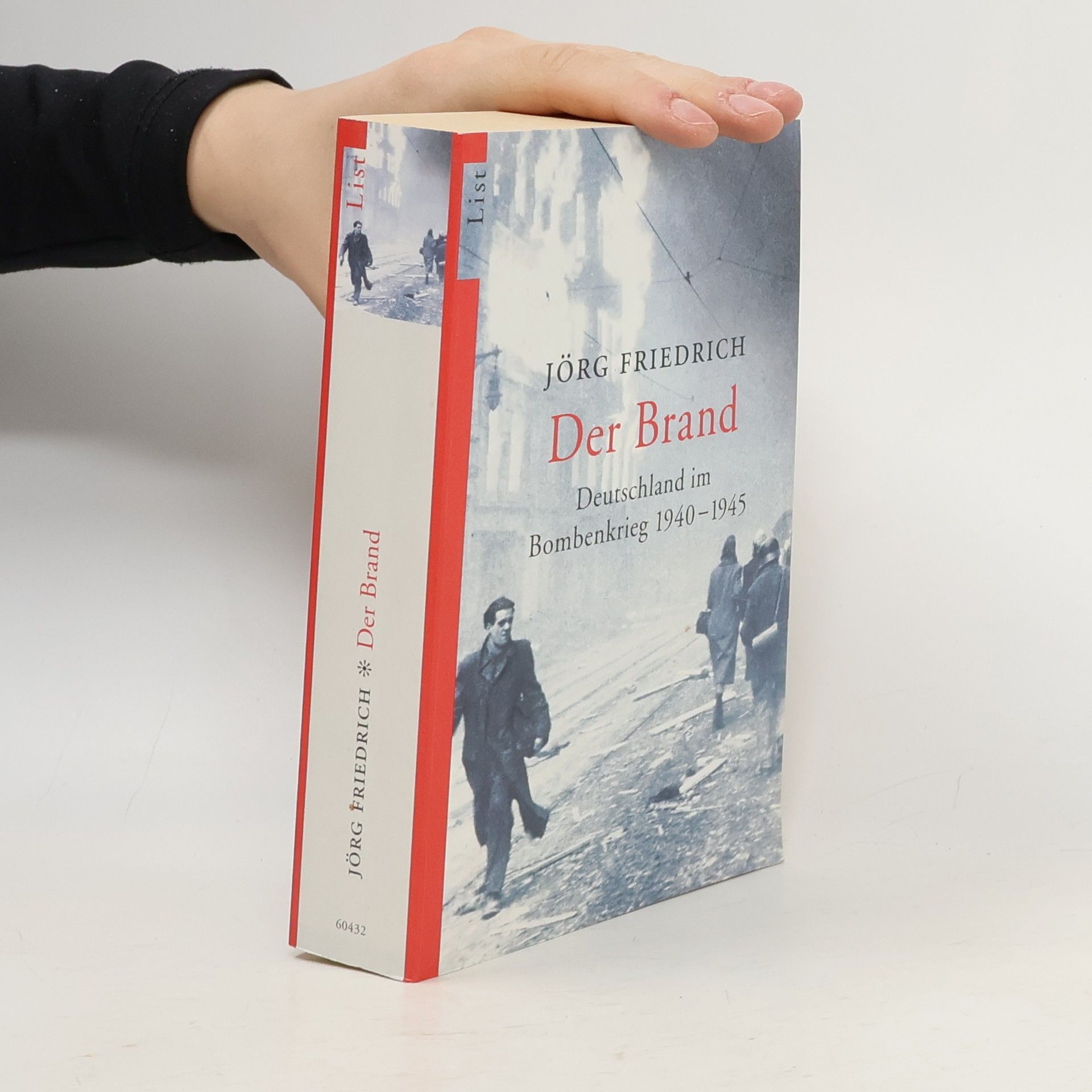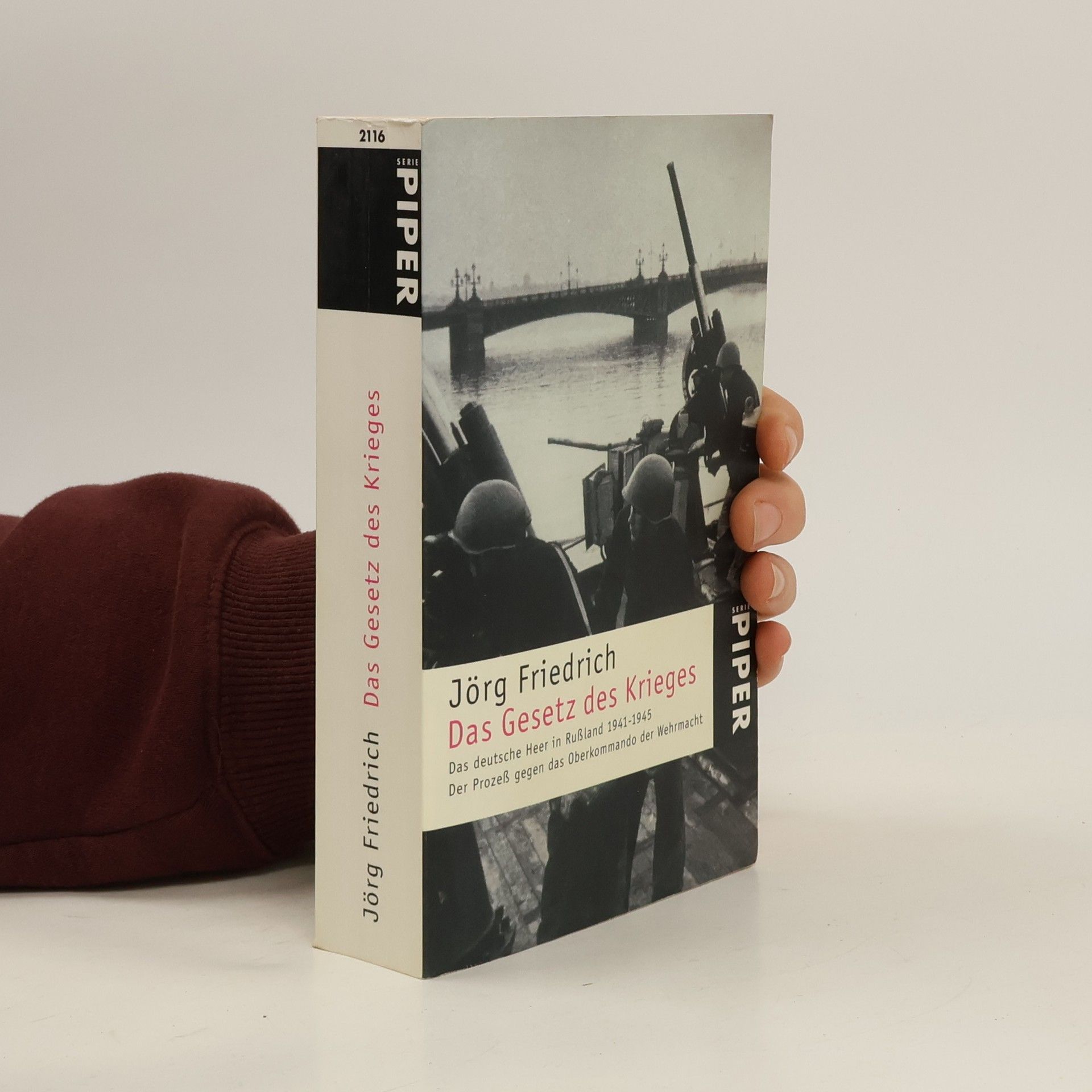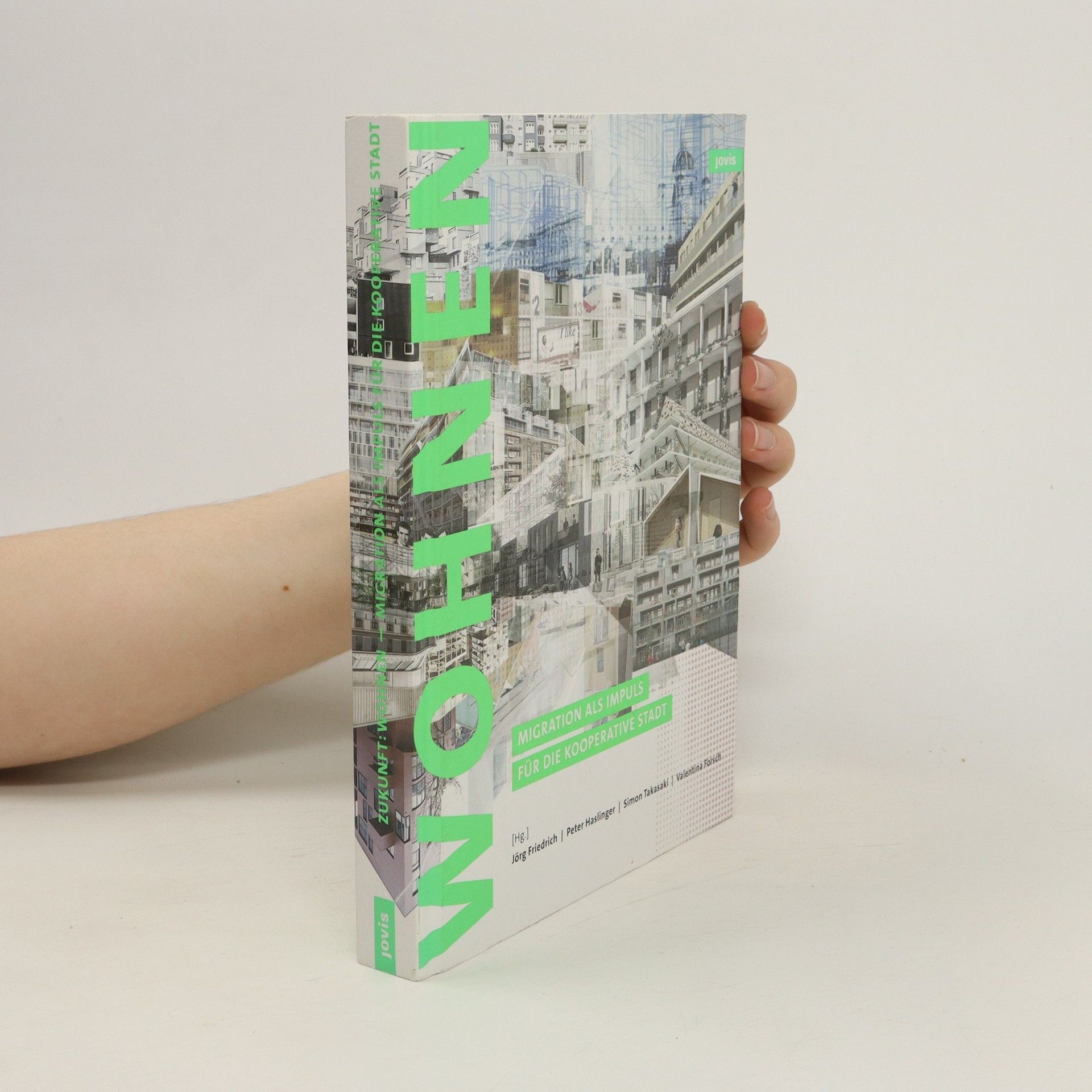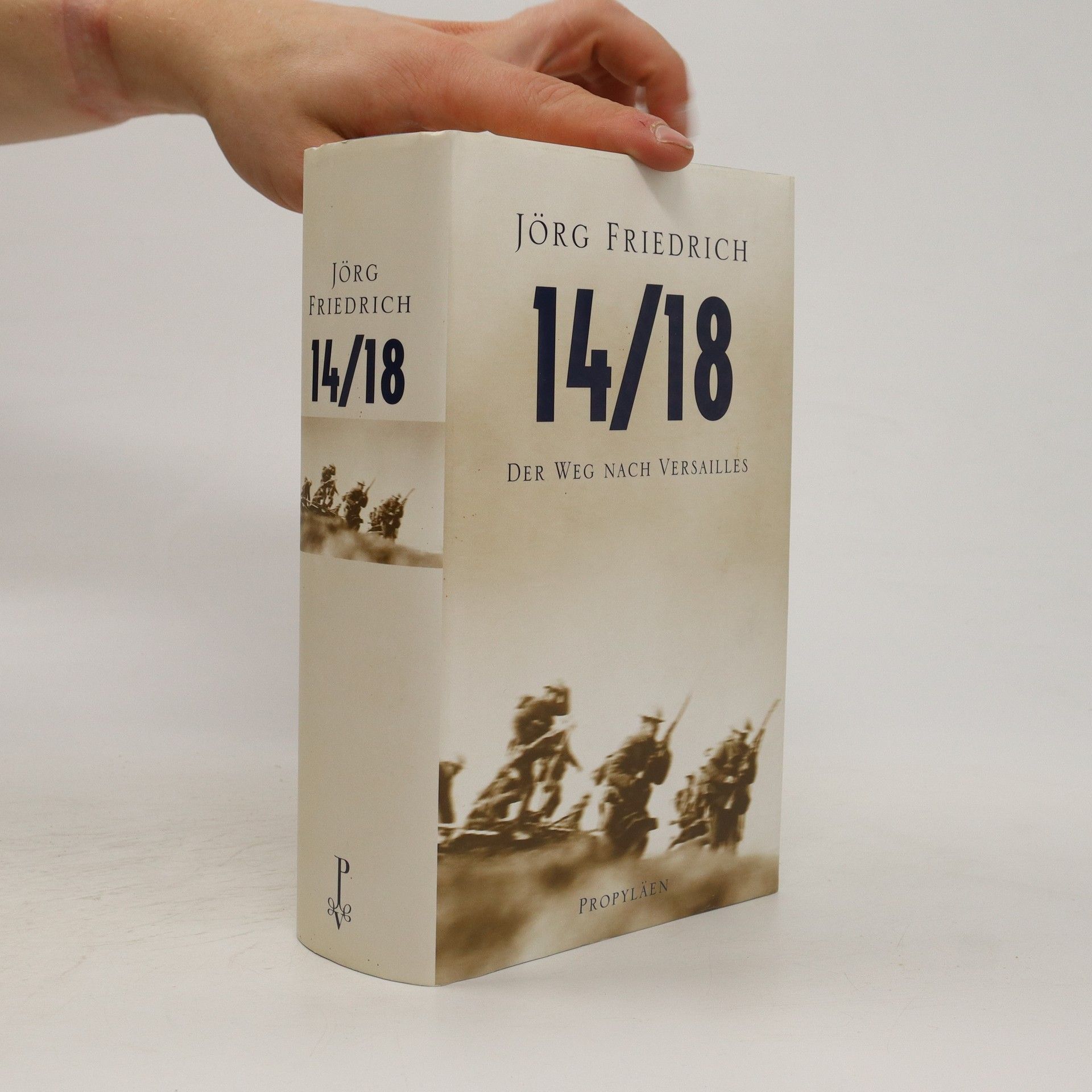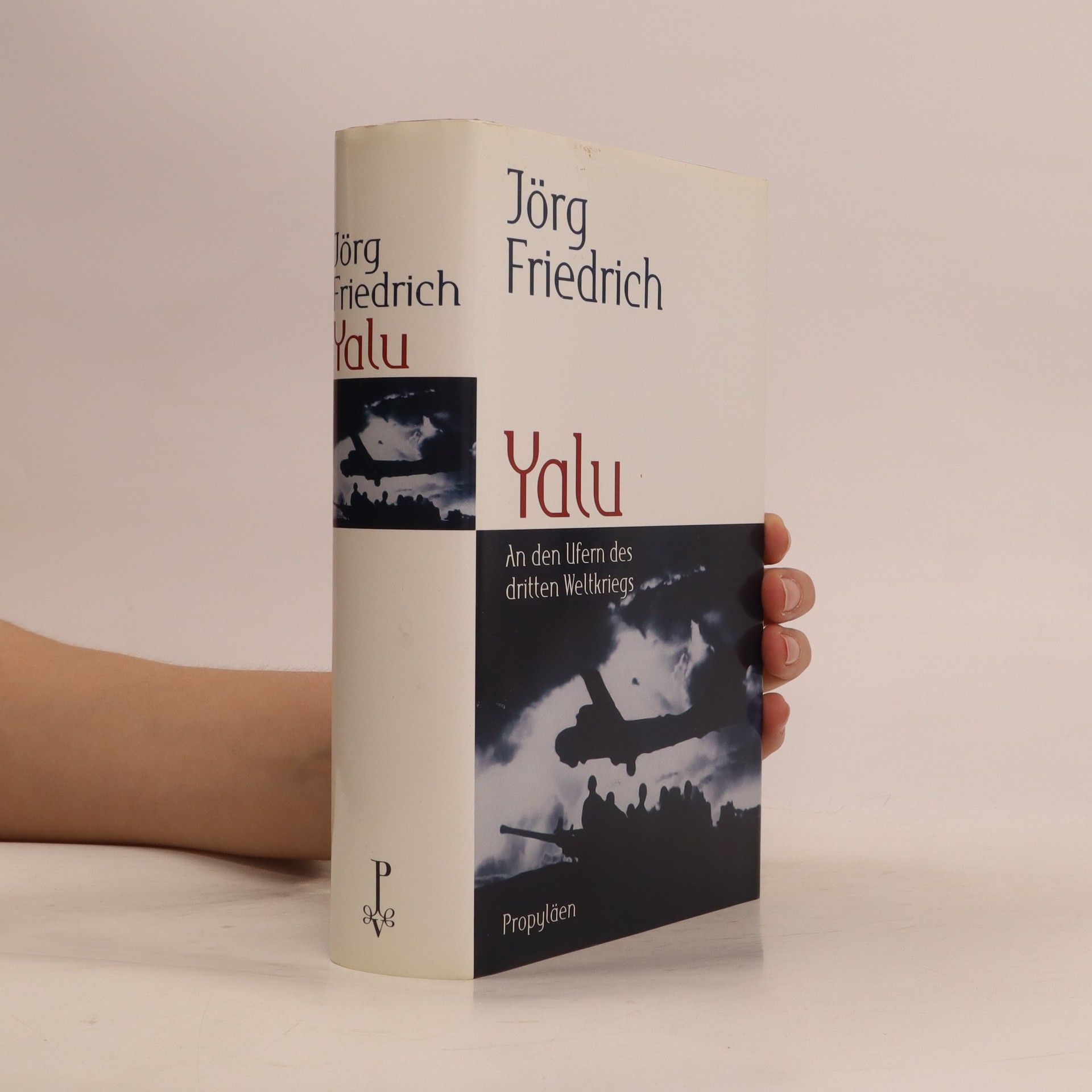Die postoptimistische Gesellschaft
Warum es keinen Grund für Optimismus gibt – und was dennoch Hoffnung auf ein gutes Leben macht
- 208 pages
- 8 hours of reading
Mit Klimakrise und Pandemie, spätestens aber mit dem Ukrainekrieg, ist der Fortschrittsoptimismus gänzlich aus der Gesellschaft verschwunden. An seine Stelle sind tiefe Zweifel daran getreten, dass die offene, freie Gesellschaft, die sich auf aufgeklärte Wissenschaft und demokratische politische Institutionen stützt, den Herausforderungen kommender Krisen gewachsen ist. Eine friedliche Zukunft ohne Angst und Not ist für viele kaum noch vorstellbar. Jörg Phil Friedrich zeigt, dass es dennoch Grund zur Zuversicht gibt. Diesen verortet er in der menschlichen Vernunft, die Intuition mit Erfahrung verbindet, Gewissen und Mitgefühl aktiviert und die Einsichten der Wissenschaften integriert. Das Leben in der postoptimistischen Gesellschaft ist nicht von Entsagung und Verzicht bestimmt, wenn wir neu bestimmen, was ein gutes Leben ausmacht.
